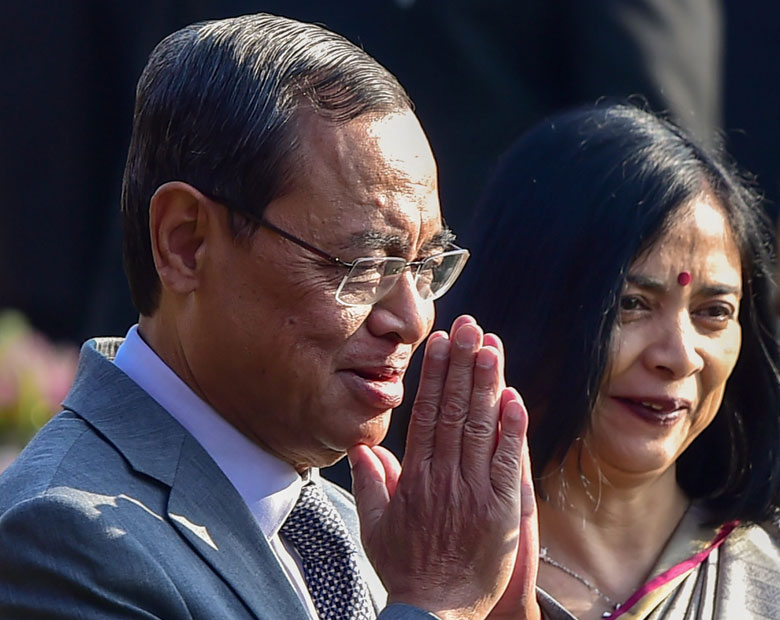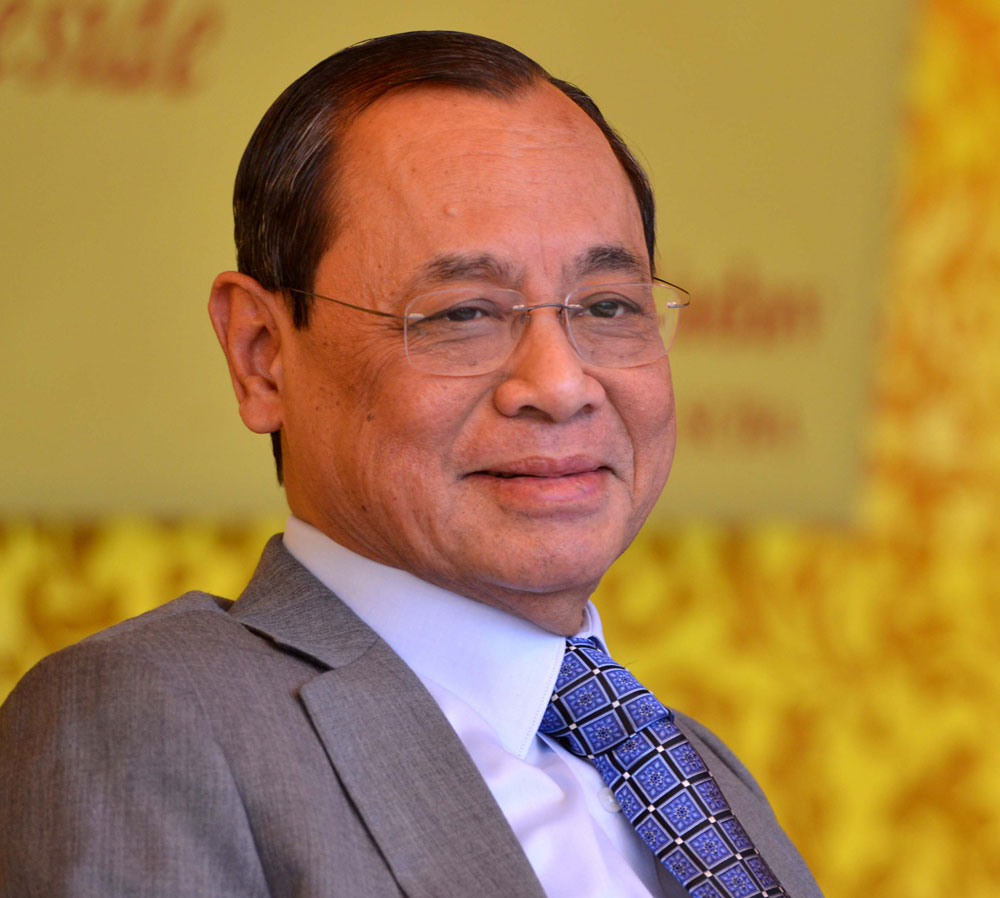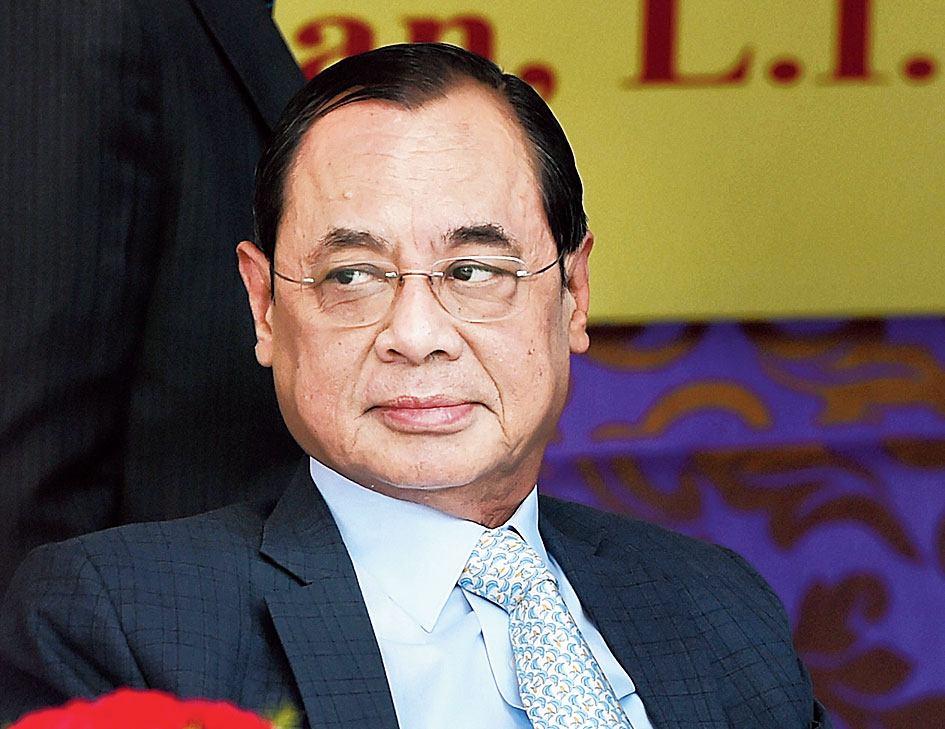It is no use just deploring the backlog of cases in court; corrective action is needed at every level. The Chief Justice of India, Ranjan Gogoi, has come down heavily on the practice of lawyers’ orally mentioning cases before the CJI as master of the roster daily in the first hour, so that these can be heard out of turn. Urgency — leading to the avoidance of the system of filing — is the accepted reason for lawyers to mention cases that should jump the queue. Like other conventions, this too is anomalous, causing other cases to be thrown out of line when the priorities are adjusted, which can happen repeatedly to a case at the receiving end of such change. But the CJI’s declared concern is, reportedly, time. Over an hour is wasted with the case papers being studied to determine their urgency, the CJI has apparently said, although some cases, he had said earlier, did not later appear to have been as urgent as represented by the lawyer. The CJI’s perspective on the urgency, not of cases but of time management, was best reflected in his comment that the court cannot be seen to be wasting time while hundreds of death penalty cases were waiting for years to be heard.
The CJI has reportedly said that parameters will be worked out, presumably for a system to replace oral mentioning. Before that, the practice will be stopped except in cases where the need is glaring — someone to be hanged the next day, for example, or to be released the next day. If urgent cases do not come up before a bench within four days of filing, it can be brought to the court’s notice. The present CJI’s predecessor had instructed that oral mention should be made before the registrar for initial screening. Some kind of order was sought to be imposed by different chief justices earlier too, such as enforcing oral mention of one case per lawyer, but nothing has endured. Smoothing the system with an eye to speed may breed further benefits later. If such practical moves are accompanied by the filling of all judicial posts and ensuring that police and lawyers stick to a given time frame the justice system in India may actually speed up.












